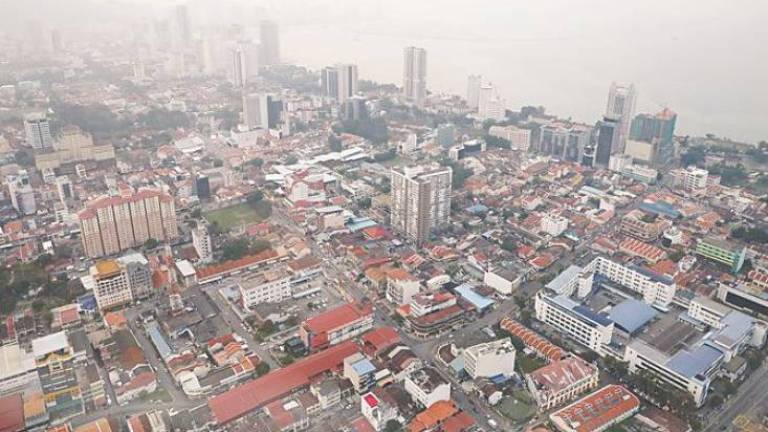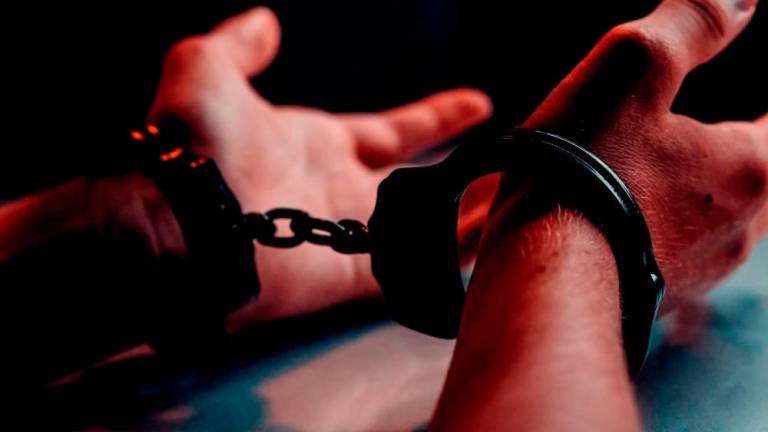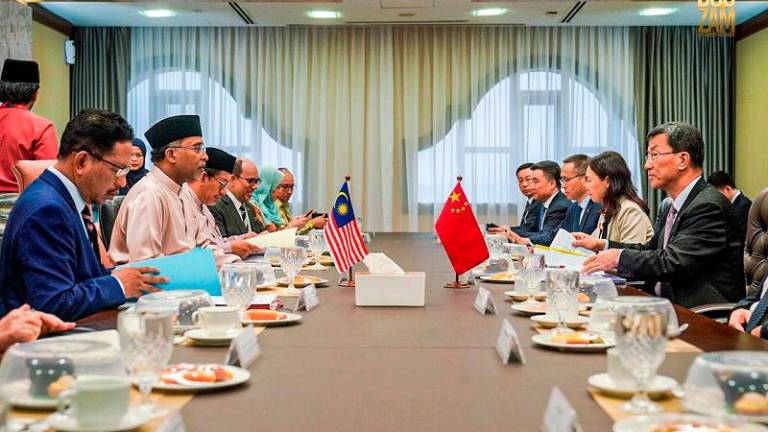GEORGE TOWN: Penang is hoping that the RM151 million worth of relief aid it has injected into the hands of the people can generate higher income disposal levels for them after the economy was ravaged by the Covid-19 pandemic.
The impetus to help the residents here coincided with today’s gradual opening up of all businesses under the conditional movement control order (CMCO).
As Penang marked its CMCO today, where almost all aspects of it have been adopted exçept dine–in or recreational activities as well as maintaining the ban on barber shops and gymnasiums, the state hopes both the national and state stimulus packages can jumpstart a stagnant economy.
State executive councillor Jagdeep Singh Deo is hoping that the tax assessment rebates would allow the average person to have more money to spend on essential items such as healthcare to personal protective equipment (PPE).
Domestic consumption is regarded by economists here as one of the pillars towards fuelling a recovery of the economy.
Despite a shortfall in assessment collection for this year by both city councils here, Jagdeep said the local authorities have pledged to upkeep safety measures and reinforce the standard operating procedures to combat the pandemic.
Jagdeep also spoke about the likelihood that affordable housing prices may go even lower in view of the glut in the market.
The main changes from the CMCO are that almost 80% of all business segments can operate but food continues to only be served via take outs and deliveries including hawkers who are now allowed back on the streets.
Almost 80% of factories have started to operate while although hotels are allowed to reopen, some 50% of them chose to remain closed because there are no tourists allowed back in.
Northeast district police chief ACP Soffian Santong said roadblocks have been reduced but urged those under the “Gerak” initiative to head home straight instead of loitering around.
The traffic volume has also seen a marked increase today, as people begin to conduct their chores as businesses such as hardware outlets reopen in full after some 50 days under the MCO.
Public bus services by Rapid Penang also resumed with its fleet of 242 buses, as the state entered Phase II of its gradual recovery plan, as Phase I on Monday saw it conduct a huge familiarisation plan about the CMCO.
On May 13, its Phase III will go into motion where recreational sports such as jogging and cycling may be allowed but under strict social distancing.
People’s Rights Organisation chairman S. Raveentharan said one way to ease Penang into a green zone status where there are no cases for 14 days was to look out for the vulnerable groups.
They include those with underlying conditions, senior citizens, the poor and migrant workers.
“If we manage the vulnerable groups well by perhaps compelling them to stay home or stay isolated, we will become a green zone. For those who need to work such as migrant workers, they must be tested and given PPE.”
Social distancing and crowd control must be habitual here, and then only can Penang convince the people that it has the capacity to be a green zone, he said.










